Does splenda raise blood sugar
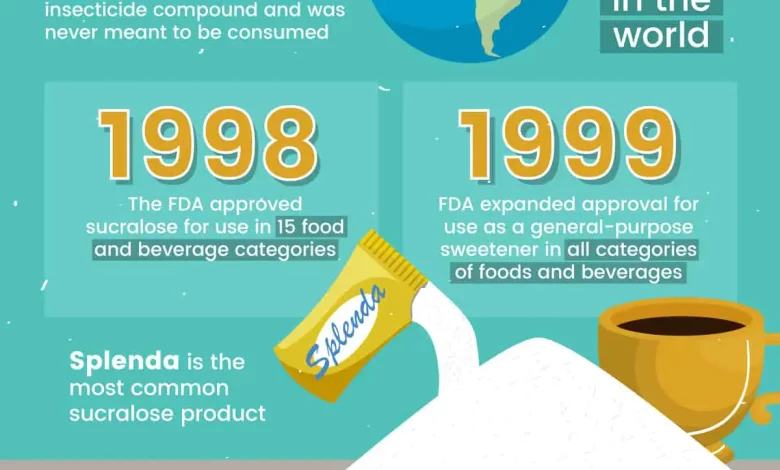
Artificial sweeteners, such as saccharin and sucralose, are commonly used in sugar substitutes like Sweetex and Splenda. Despite their widespread use and promotion as healthy alternatives to sugar, studies suggest that both saccharin and sucralose may elevate blood sugar levels. It’s important for individuals, especially those monitoring their blood sugar, to be aware of the potential impact of these sweeteners. Consider consulting with a healthcare professional for personalized advice on managing sugar intake and making informed dietary choices.
Contents
Can Splenda cause diabetes?
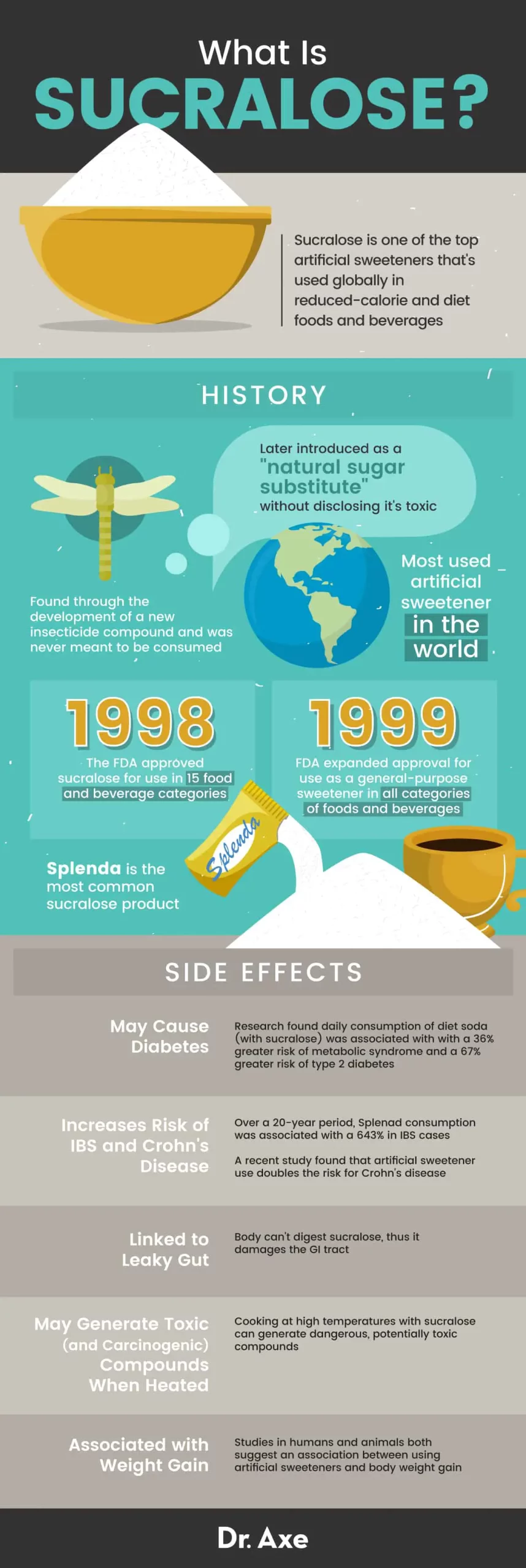
While Splenda, a popular artificial sweetener, lacks the calories found in real sugar, recent studies suggest it may impact blood sugar levels, potentially increasing the risk of diabetes. The sweetener contains sucralose (marketed as Splenda in the US), and research aims to understand its effects on blood sugar and insulin levels. Despite being calorie-free, individuals should be mindful of Splenda’s potential influence on blood sugar and consider consulting with healthcare professionals for personalized advice on managing diabetes risk through dietary choices.
Is Splenda a high-intensity sweetener?
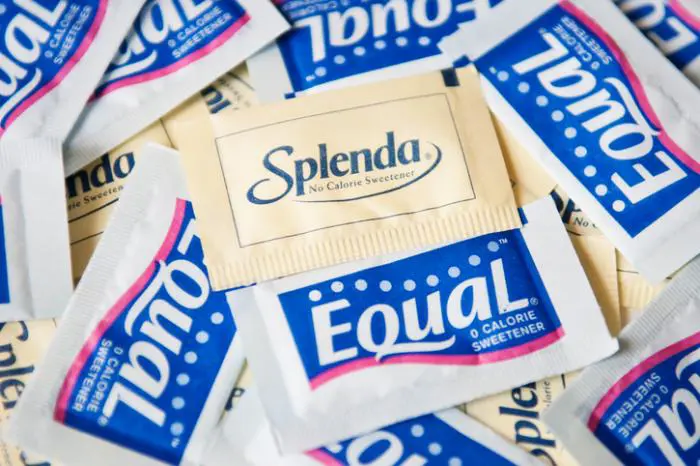
Splenda is a high-intensity sweetener composed of sucralose, which is combined with other digestible sweeteners like maltodextrin. Approximately 600 times sweeter than sugar, Splenda falls into the category of high-intensity sweeteners. Introduced in 1998, it has gained popularity as an artificial sweetener choice. The combination of sucralose and maltodextrin in Splenda contributes to its sweetness, making it a commonly used sugar substitute.
What is the difference between Splenda and sucralose?
Sucralose, marketed as Splenda, serves as an artificial sweetener commonly utilized as a sugar substitute. A key advantage is its zero-calorie content (1), making it beneficial for those managing daily calorie intake or dieting. Notably, sucralose is sweeter than sugar (1), a characteristic that often attracts individuals to choose it as a preferred alternative to the original sweetener.
Does Splenda help you lose weight?
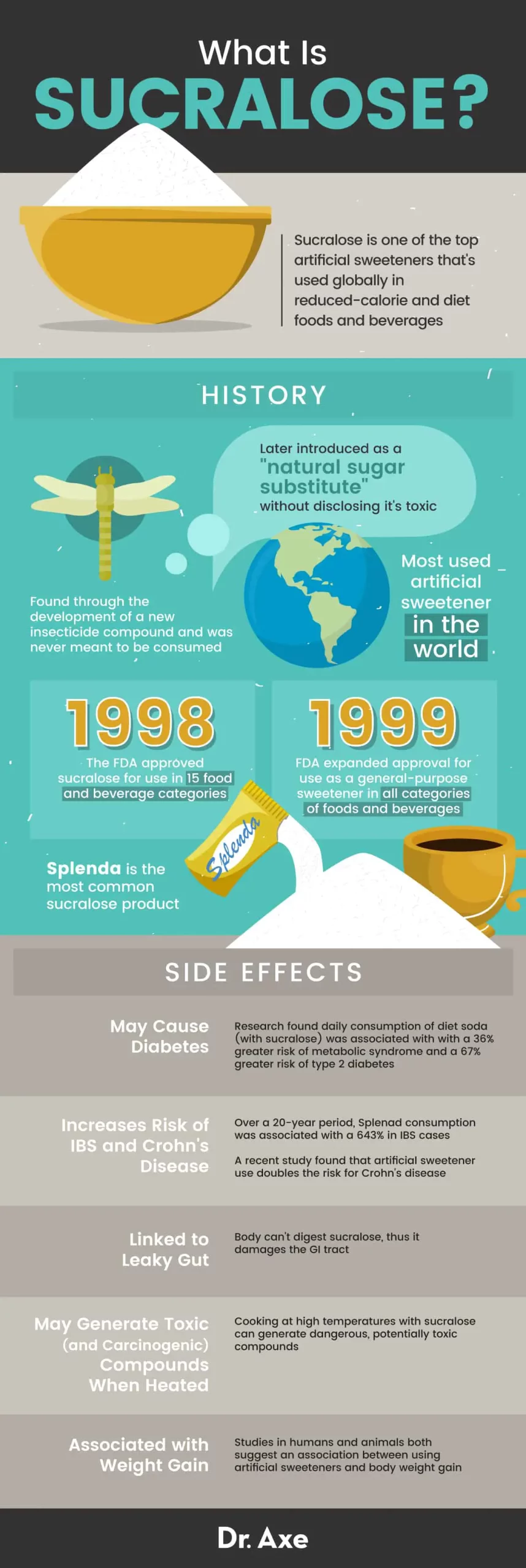
Sucralose, found in sweeteners like Splenda, is low in calories; however, this doesn’t guarantee weight loss. Studies indicate that individuals substituting sugar with artificial sweeteners may experience a modest reduction in weight, averaging around a pound or so. It’s essential to consider overall dietary habits and lifestyle factors when assessing the potential impact of Splenda on weight management.
Is Splenda OK for diabetics?
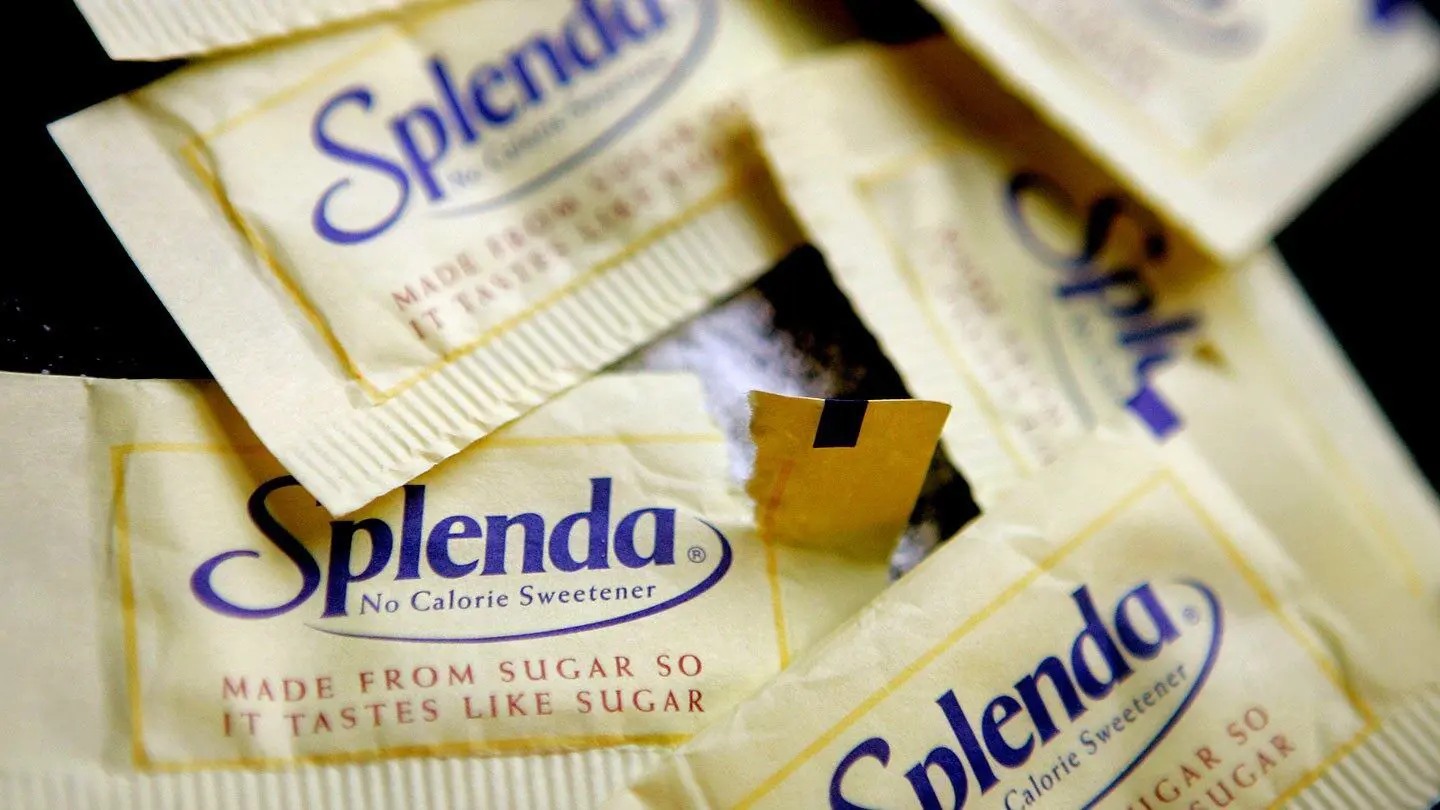
Sucralose, the key component of Splenda, proves to be a valuable tool for diabetes management, causing no impact on blood sugar levels1,2. This attribute, among others, has led to Splenda being the #1 recommended sweetener brand by healthcare professionals. With a track record of over 30 years, Splenda has been safely embraced by millions worldwide, making it a suitable choice for individuals navigating diabetes.
Does Splenda spike insulin?
Recent human studies suggest that sucralose, the main component of Splenda, may result in heightened insulin spikes when consumed with sugar. Additionally, research has indicated its potential to alter gut bacteria in mice. As a contrasting option, Stevia, a newer sugar substitute, is often regarded as a safer choice among sugar alternatives.
What is the downside of Splenda?
There is accumulating evidence that daily consumption of Splenda and sucralose may lead to various potential side effects, including:
- Alteration of glucose and insulin levels.
- Potential triggering of migraines.
- Significant decrease in beneficial gut flora.
What is the safest sugar substitute for diabetics?

5 Sugar Substitute Ideas for People With Diabetes:
- Stevia: Available as sweetener packets or grown as a plant, with DIY harvesting and drying options.
- Coconut Palm Sugar: A natural sweetener alternative.
- Erythritol: A sugar alcohol with low impact on blood sugar.
- Advantame: A high-intensity sweetener.
- Yacon Syrup: Another sweetening option for those with diabetes.
Which is better for diabetics Splenda or stevia?
Recent studies suggest that artificial sweeteners may not be the healthy alternatives to sugar they were once thought to be. In fact, they might increase the risk of diabetes, glucose intolerance, and weight gain. For a potentially healthier choice, consider stevia.
Why is stevia better than Splenda?
Both Stevia and Splenda serve as zero-calorie sweetener alternatives, but they differ in sourcing. Stevia is a naturally derived sweetener, while Splenda is artificially created. Key considerations include their heat resistance and potential toxicity. Stevia tends to be more stable at higher temperatures, making it a preferred option in certain applications.
Will Splenda kick you out of ketosis?
Both Stevia and Splenda serve as zero-calorie sweetener alternatives, but they differ in sourcing. Stevia is a naturally derived sweetener, while Splenda is artificially created. Key considerations include their heat resistance and potential toxicity. Stevia tends to be more stable at higher temperatures, making it a preferred option in certain applications.
Both Stevia and Splenda serve as zero-calorie sweetener alternatives, but they differ in sourcing. Stevia is a naturally derived sweetener, while Splenda is artificially created. Key considerations include their heat resistance and potential toxicity. Stevia tends to be more stable at higher temperatures, making it a preferred option in certain applications.



